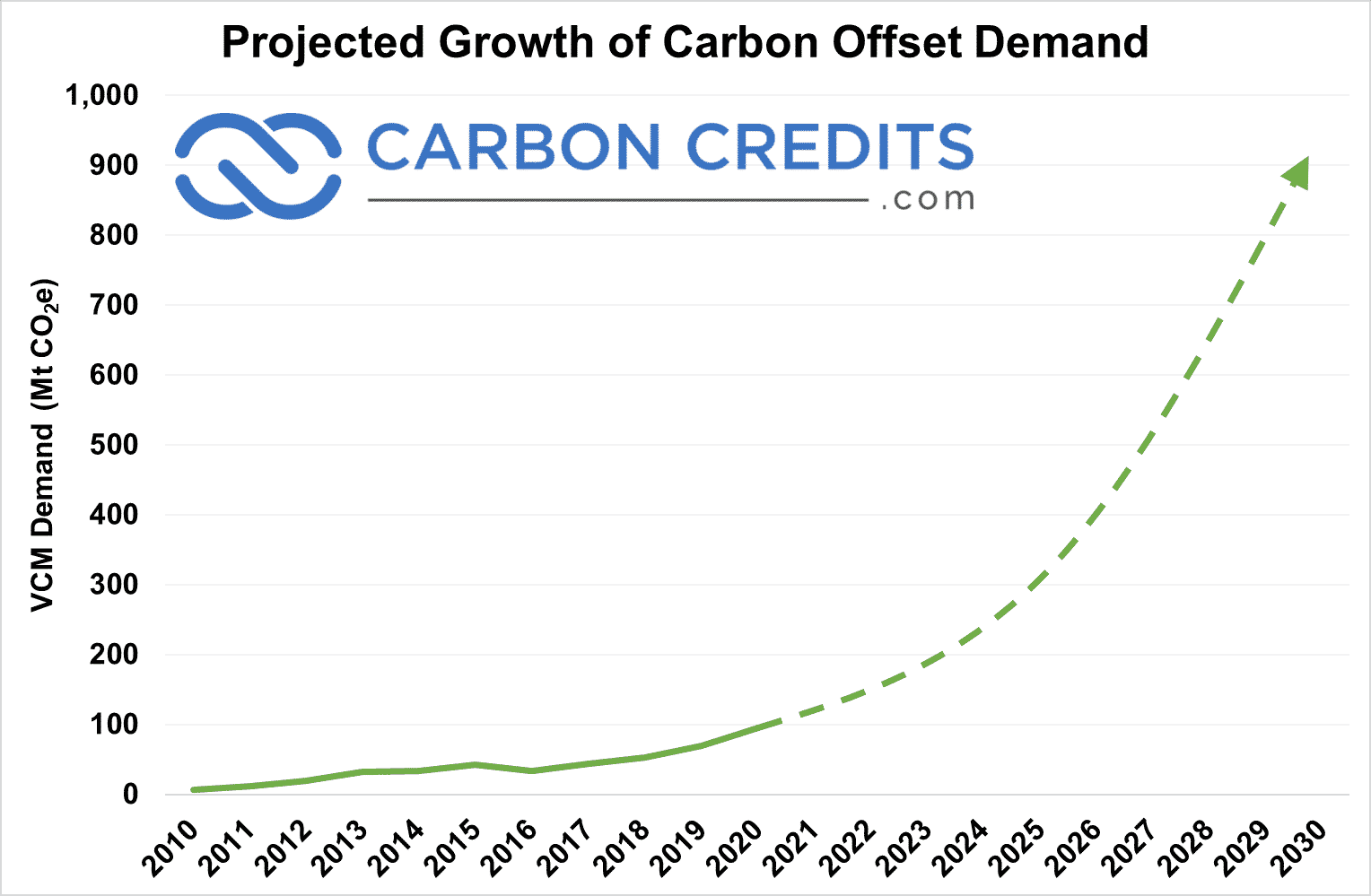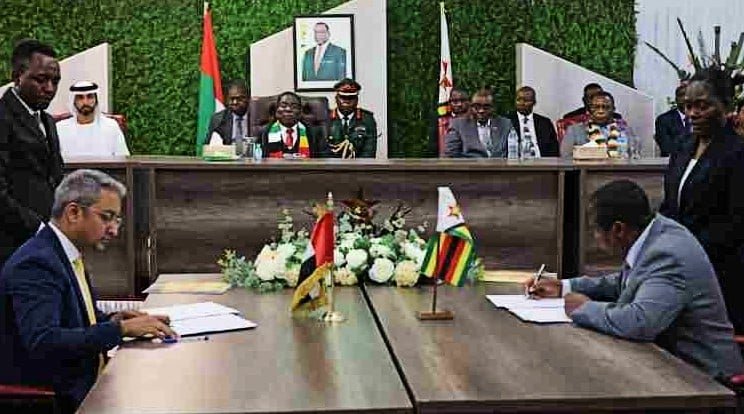A Dubai-based company, Blue Carbon, inked a deal with Zimbabwe to create carbon credits from offsetting projects in the African country involving almost a fifth of its total landmass.
The two parties signed a memorandum of understanding (MoU) worth $1.5 billion to fund forest protection and rehabilitation projects. The carbon sequestered of the forests will generate the corresponding amount of carbon credits.
Carbon credits are a tradable instrument that allows companies and other entities to compensate for their carbon emissions by financing projects that reduce or remove CO2 from the atmosphere. A credit represents a ton of CO2 removed.
Blue Carbon’s Expansive Carbon Credit Deals
Zimbabwe is Blue Carbon’s 4th foray into the African region this 2023. Launched only last year, the nature-based carbon offsets company also has a similar deal with Liberia in March. Their agreement will offset emissions generated from 10% of the West African nation.
A member of Dubai’s royal family, Ahmed Dalmook Al Maktoum, led Blue Carbon. He is leading the company to invest in energy projects across Africa and the Middle East.
Back in February, the Dubai firm also partnered with Zambia and Tanzania to conserve 8 million hectares of forests in each of the African countries. Both agreements are for generating carbon credits that the company will sell on the global carbon markets.
Industry projections show that demand for carbon credits for offsetting purposes will grow exponentially.

With these deals, Blue Carbon earned the right to develop carbon offset projects across 24.5mln hectares of land in Africa.
High-Quality Carbon Credits for Zimbabwe
For Al Maktoum, their carbon credit agreement with Zimbabwe signifies a powerful alliance between Dubai and the African country “in the face of a shared global challenge”.
Their project will cover an area of over 7 million hectares, bringing hundreds of millions of dollars to Zimbabwe. A huge portion of the sale from carbon credits will be for community engagement and the local people.
President Emmerson Mnangagwa said that Blue Carbon will engage in reforestation and forest conservation projects. At the signing ceremony of their carbon credit deal, Mnangagwa said that:
“The project is anticipated to close the Government of Zimbabwe’s financing gap to the tune of $200 million while enabling the country to generate high-quality carbon credits for use on the international carbon market.”
Companies and governments can buy those credits to use toward their climate goals such as net zero emissions.
This agreement with UAE’s firm is a boost for Zimbabwe’s controversial decision in May when it scrapped existing carbon projects. Then it would get 50% of all the revenue from these projects, scaring away investors and worrying developers.
But last month, the government amended its carbon laws, indicating that project developers can keep their total profit share (70%). It will instead keep its 30% share which will go to various stakeholders.
Zimbabwe has close ties with the UAE, the largest destination for the African country’s exports. On the carbon front, the UAE Carbon Alliance has pledged to buy $450 million carbon credits from the African Carbon Markets Initiative (ACMI) by 2030.
The deal happened at the first Africa Climate Summit earlier last month where president and chief executive of the UAE Independent Climate Change Accelerators (UICCA) inked a letter of intent with ACMI.
UAE will host this year’s UN Climate Change Conference, COP28, in November-December.
The partnership between companies like Blue Carbon and nations like Zimbabwe not only contribute significantly to reducing global carbon emissions. It also provides essential funding for climate finance and nature conservation efforts and support for local communities. As demand for carbon credits continues to skyrocket, such collaborations are crucial in the collective efforts to combat climate change.

